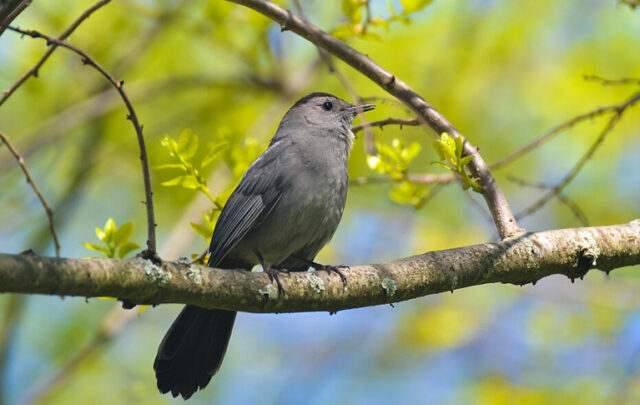
Philosophers like to argue about whether humans have “free will,” that is the ability to make choices that can at times go against the instincts that rule the rest of the natural world. I think potatoes have free will. They may cooperate with the horticultural rules of conduct most of the time, but don’t depend on it. If they decide to grow where no potato has grown before, they by heaven will do it. You can make for them the loveliest bed of organic soil that J.I. Rodale ever dreamed of, and they will repay your efforts by rolling over and rotting instead of sprouting.
I am hardly joking. You would not believe what happened on our place this year. I planted my potatoes the same way I always do, that is waited until the soil started to get warm, laid the sprouting seed potatoes in a shallow trench, covered them with only enough soil to insure that the warmth of the sun could penetrate to them and after the plants first emerge, started pulling in dirt around them to discourage weeds. I generally use whole potatoes or big halves that already have sprouts on them for quick emergence. I can afford that extravagance because we always have a surplus of potatoes from the preceding year.
This year only one third of the seed potatoes grew. The rest rotted in the soil. We had a huge rain after planting which I suppose encouraged the rotting, by why did some grow? All of them came from exactly the same source, our potato storage bin. All were treated exactly the same. Why did some rot? Because a potato is as bullheaded as a rutting ram.
Here’s the proof. About a hundred feet away from the potato patch lays our compost heap, where we throw tree leaves, pulled weeds, coffee grounds, etc. This year “etc.” included some shriveled potatoes too small to make it to the table. Carol just tossed them carelessly on the compost pile along with other food waste. Stress the words, “tossed” and “carelessly.”
So while I was bemoaning my rotted spuds in the garden, I happened to pass the compost pile. Four of the healthiest potato plants I’ve ever see were growing there, and in partial shade yet to boot. In the days that followed, the few potato plants that had grown in the garden were lacerated by flea beetles. The “carelessly tossed” plants in the compost were unmolested. Honest. I’ve heard for a thousand years or so from organic gardeners that organically grown plants aren’t as susceptible to bug damage as chemically grown ones but it has not been true in my experience. I don’t have enough faith. Or, maybe my theory is correct: potatoes have free will and if they decide not to attract bugs they don’t.
Here’s another bit of evidence about the contrariness of potatoes. While I was making sure conditions for growth in the garden were as near to perfect as I could make them, in the section of garden that was in potatoes last year, a few derelict spuds escaped my shovel at harvest time and now in spring sent up a nice healthy plants. These potatoes had endured a winter of freezing and thawing and by all the dictates of gardening experience, should have rotted away. No sir. Potatoes have their own religion. They do as they damn well please.
P.S. I want to thank all of you who responded to my mystifications about parsnips. I was sort of trolling for information, as one of you suggested, because I want to write something about parsnips that is really not about parsnips. (Yes, that’s more mystification but that’s all can say right now—haven’t figured it out myself yet.) I am totally amazed and amused every week at the unique experiences, high intelligence and great good humor all of you display in your responses. I am so very lucky to have your good will and attention.
~~





